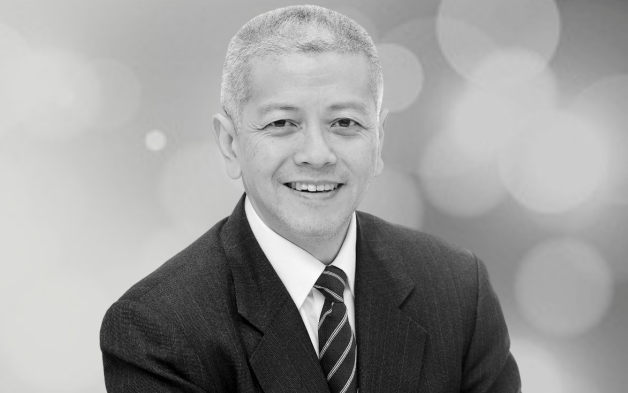Net zero objectives are not enough, and the world needs to do much more to create a manageable future, said Professor Sir David King, founder and chair, Centre for Climate Repair at Cambridge University and UK government chief scientific advisor from 2000 to 2007.
King said ongoing extreme weather throughout the northern hemisphere is no coincidence, and warned that the world’s chances of staying below 1.5 degrees of warming “don’t look very good.”
Temperature rises reveal that the Arctic is heating up at a faster rate than the rest of the planet, creating a tipping point whereby the temperature rise causes the ice covering the Artic to melt during the polar summer. As the Artic soaks up sunshine and warms, so the air above it warms the surrounding land masses, including Greenland’s permafrost.
Jet stream impact
King said this in turn impacts the jet steam, causing it to meander lower. The jet stream keeps cold air in the North Pole and warm air out. However, the cold region of the planet is no longer centred around the North Pole, which is now above zero for the summer months as warm air supplants the cold air, pushing the jet stream into distortion.
“Warm air is sucked up as cold air is pushed down, causing dramatic changes in the global weather system.”
He said that if Greenland’s ice melts it will cause profound rises in sea level. As permafrost melts it will release methane, a much more toxic greenhouse gas than carbon dioxide.
“This is potentially a disaster,” he said, outlining traumatic temperature rises. “I am not going to say if, and when, this will happen, but it’s not a risk you want to take.”
He noted evidence of explosive releases of methane already happening in Russia where it is bubbling up from under the permafrost. Rising sea levels would impact low lying sea level countries like Vietnam with devastating impacts on global food production. At current levels of warming, he said 90 per cent of Vietnam’s land mass will be under water by 2050 at points in the year.
Borrowing from the future
King said deep and rapid emission reduction needs to be fair and orderly. He said continuing to use fossil fuels equates to borrowing from the future, and noted the growing distrust between the developing and developed world because promises made by the developed world have not been enough.
“The country that has to take a lot of the blame is the US,” he said.
He said decision making and progress in the US is blocked by the fossil fuel lobby.
“They have the Senate and Congress in their pocket.”
He noted how the lobbying system went against democratic elections and said that China has done much more to switch from fossil fuels than other countries, developing nuclear and wind power at a rapid rate.
Technology’s role in resolving the crisis
King suggested that technology could help resolve the crisis. Technologies focused on removing excess greenhouse gases in the atmosphere are developing. Elsewhere, he cited progress around marine biomass regeneration by recreating whale poo on the surface of the ocean around which green matter or phytoplankton blooms forms. It involves learning what the faeces contain; artificially lying it on the ocean and using it to capture tonnes of greenhouse gas as well as feed billions of fish.
Aping natural processes is at the heart of another approach. He also told delegates how scientists are exploring how to refreeze the Arctic in a process the imitates natural processes to brighten marine clouds. Using high-pressure sprays mounted on boats, droplets of salt water would be fired straight into the air. When these evaporate, the salt crystals left behind would rise on natural convection currents and help to form clouds overhead, reflecting sunlight away from the ice and allowing it to form a thicker layer of protection for the summer months.
“If we can demonstrate feasibility, money will flow,” he concluded.



